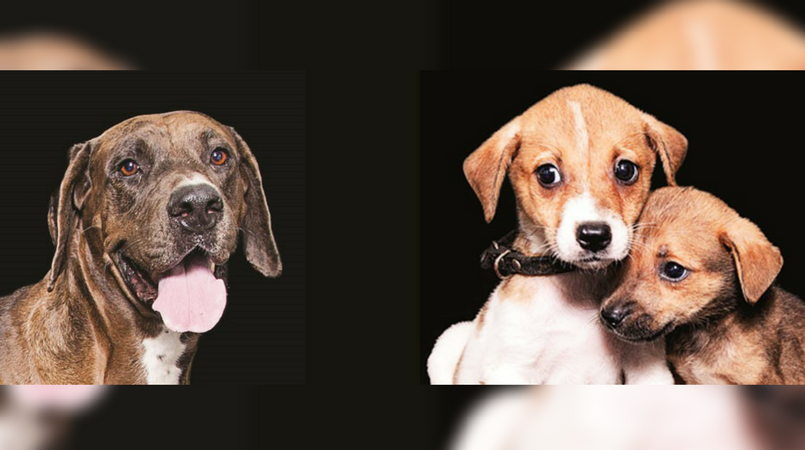
What is neutering?
Neutering is the removal of an animal’s reproductive organs, either all of it or a considerably large part. It is the most common sterilising method in animals.
For males, the word neuter is usually applied, whereas for females it is known as spaying. The usual procedures involved are castration (for males) and ovariohysterectomy (for females).
The neutering procedure has assumed an important role in the management and control of companion animal populations such as cats and dogs.
In other parts of the world, most humane societies, animal shelters and rescue groups encourage pet owners to have their pets neutered to prevent the births of unwanted litters. It’s a preventative measure to stop the overpopulation of unwanted animals in the rescue system.
The RSPCA of PNG shares the same sentiments regarding neutering and encourages all pet owners to consider this option. The RSPCA’s Neuter Campaign was launched in 2009 and since then, an estimated 850 animals have been sterilised.
The procedure involved in the surgery itself presents little risk for the animal and the pet would be ready to go home usually on the same day as the operation.
The major advantages of having your pet neutered are:
- No unwanted puppies or kittens
- It reduces the risk of female pets developing reproduction related tumours and
- The pet will be less likely to roam around the neighbourhood and cause a nuisance as he or she will be more apt to stay at home and (in the cases of dogs) protect your property.
So if you haven’t thought about having your pet neutered, make the right choice for your pet. It’s the wise choice (socially and economically) for your pet and ultimately for your whole family.
For a week in November, the RSPCA of PNG will be assisted by four visiting Canadian vets to carry out free neuters at the clinic for cats and dogs. It will be on first come, first serve basis.
Interested pet owners can register by filling in a free neuter form. This form can be collected from the clinic or by emailing rspca@rspca.org.pg.
All applications will be screened and successful applicants will be notified.
